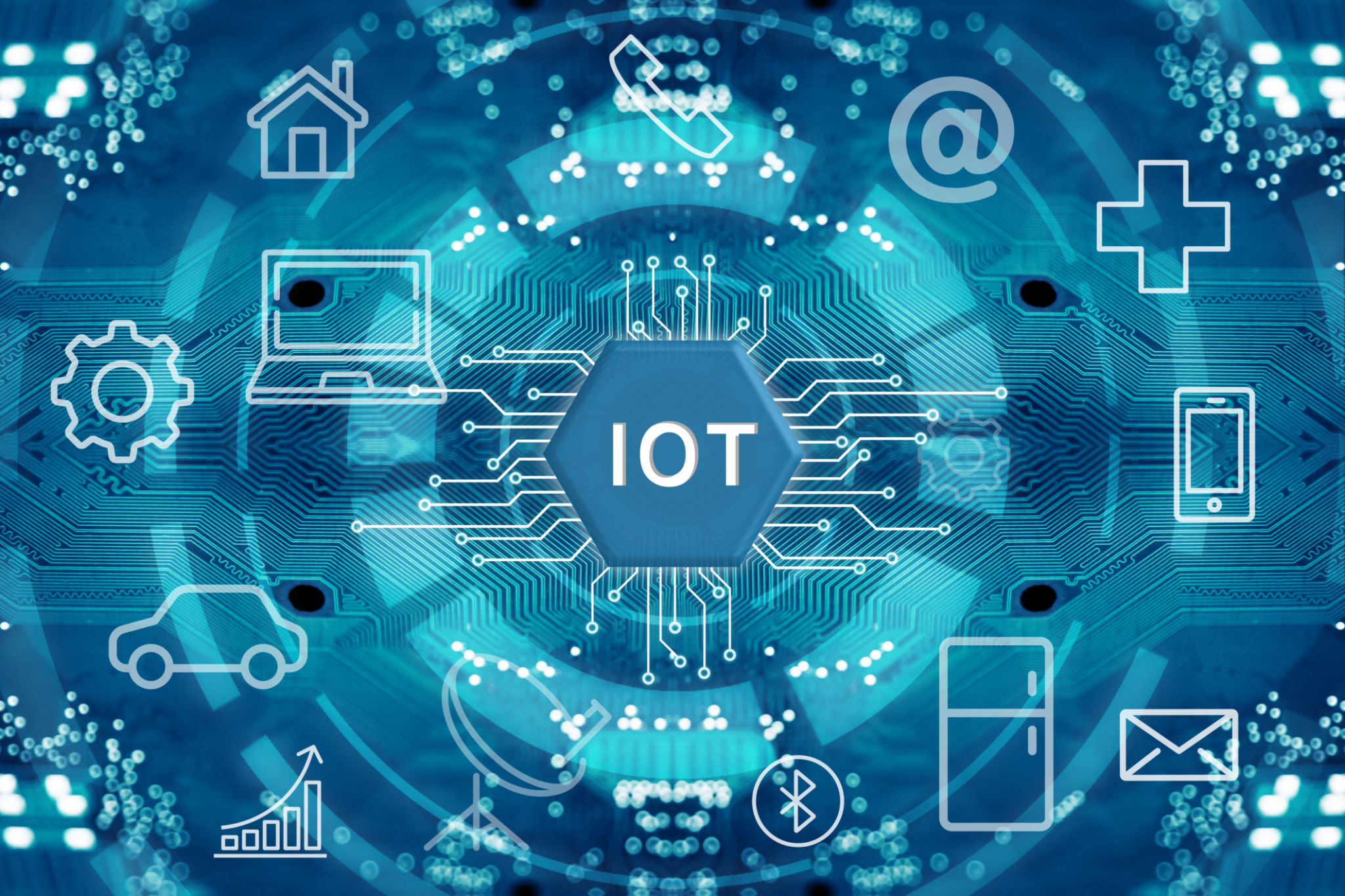How IoT Connectivity Enhances Customer Management Platforms
Understanding IoT Connectivity
The Internet of Things (IoT) is revolutionizing industries by connecting devices and enabling real-time data exchange. This connectivity is not only transforming operations but also enhancing customer management platforms. By integrating IoT, businesses can gain deeper insights into customer behavior, improve service delivery, and ultimately drive customer satisfaction.

Real-Time Data Collection
One of the most significant advantages of IoT connectivity in customer management platforms is the ability to collect data in real-time. This capability allows businesses to monitor customer interactions and preferences as they happen. With sensors and connected devices, companies can gather data on how products are used, which features are most popular, and what issues customers may be encountering.
Real-time data collection enables businesses to make informed decisions quickly. For example, if a product consistently fails in a specific way, companies can address the issue proactively rather than waiting for customer complaints. This proactive approach can significantly enhance customer satisfaction and loyalty.
Enhanced Customer Experience
IoT connectivity offers personalized experiences by tailoring services to meet individual customer needs. By analyzing data from connected devices, businesses can offer customized recommendations, reminders, or alerts that align with a customer's behavior and preferences. This level of personalization can create a more engaging and satisfying customer experience.

Moreover, IoT can automate routine tasks, reducing the need for human intervention and allowing customers to enjoy seamless interactions with products or services. For instance, smart home devices can adjust settings automatically based on previous user behavior, creating a more intuitive user experience.
Improved Customer Support
IoT connectivity enhances customer support by providing support teams with comprehensive information about customer issues. When a customer contacts support, representatives can access detailed information about the customer's device usage and any problems encountered. This data-driven approach enables faster resolution times and more effective troubleshooting.
By leveraging IoT data, businesses can also identify common issues and address them at a systemic level, thereby reducing the frequency of support requests. This not only improves efficiency but also enhances the overall customer experience.

Predictive Maintenance and Service
IoT enables predictive maintenance by monitoring device health and performance continuously. By identifying potential issues before they become critical, businesses can perform maintenance proactively, minimizing downtime and ensuring a consistent level of service. This predictive capability is particularly valuable in industries where equipment reliability is crucial.
For instance, in the automotive industry, IoT sensors can alert manufacturers or service providers about potential vehicle issues before they lead to breakdowns. This proactive approach not only enhances customer satisfaction but also builds trust and brand loyalty.
Conclusion
Integrating IoT connectivity into customer management platforms offers numerous benefits for businesses looking to enhance their customer relationships. From real-time data collection to improved customer support and predictive maintenance, the possibilities are vast. As IoT technology continues to evolve, its role in transforming customer management will only grow, offering new opportunities for businesses to connect with their customers in meaningful ways.